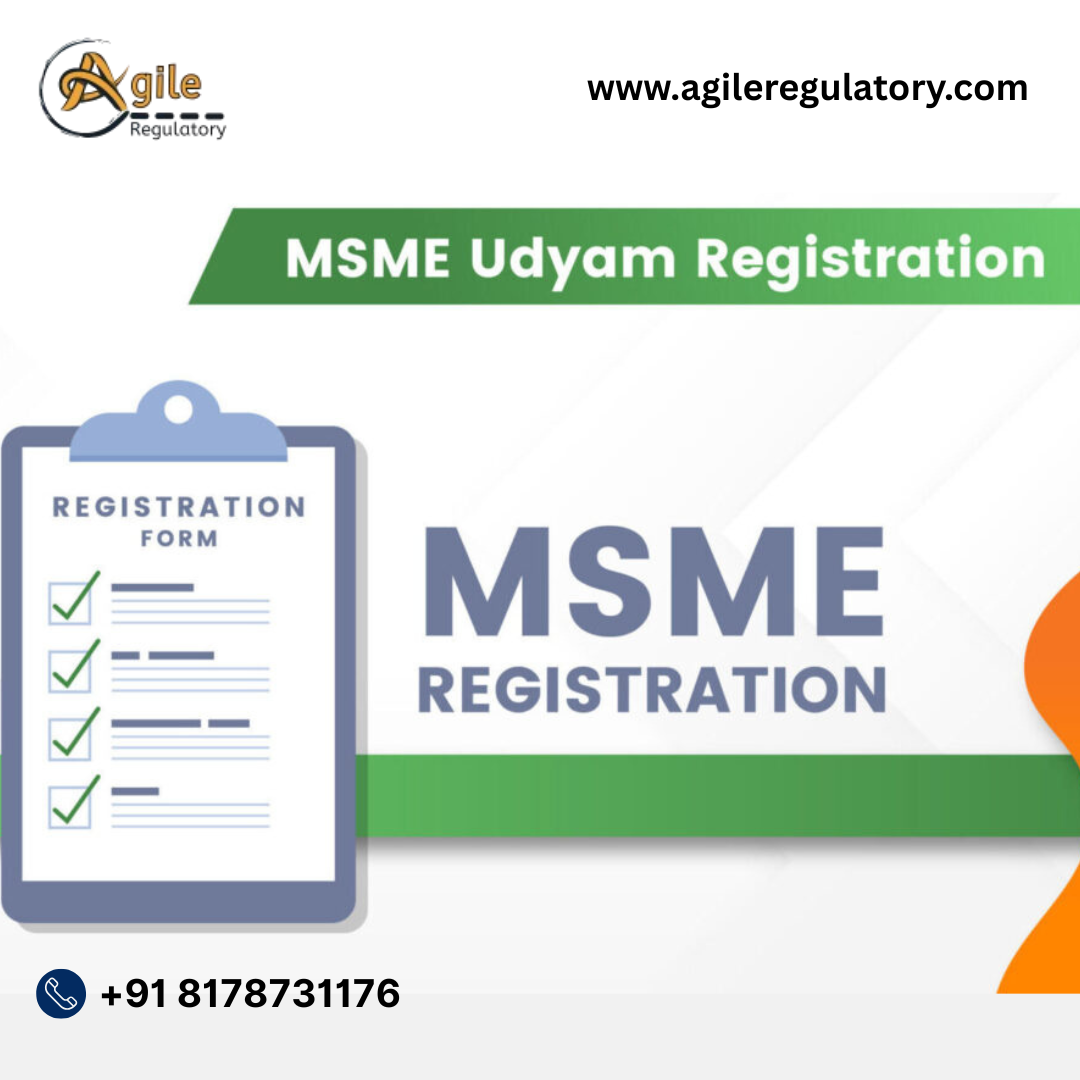
In India’s evolving business environment, Micro, Small, and Medium Enterprises (MSMEs) serve as the backbone of the economy. They generate employment, support rural industrialization, and contribute significantly to GDP. However, with opportunity comes the responsibility to adhere to a range of regulatory and legal obligations. Understanding and navigating these compliance frameworks is essential for sustainable growth, business credibility, and long-term success.
The Importance of Compliance for MSMEs
For any MSME, compliance is more than just fulfilling legal formalities—it’s a critical aspect of risk management and operational continuity. Regulatory requirements include business registration, GST, labor laws, environmental clearances, sector-specific licenses, and intellectual property protections. Failure to comply can lead to hefty penalties, loss of business opportunities, or even closure.
Moreover, proper compliance builds credibility with banks, investors, and potential clients. It opens doors to government schemes, tenders, subsidies, and other support initiatives designed specifically for MSMEs. It also ensures better financial discipline and makes the business eligible for formal credit and funding.
Key Regulatory Areas MSMEs Must Focus On
-
Business Registration – Whether a proprietorship, partnership, or private limited company, MSMEs must be registered under appropriate laws to operate legally.
-
MSME Udyam Registration – Registering under the Udyam portal gives MSMEs access to several benefits, including easier loans, lower interest rates, and eligibility for various schemes.
-
Taxation and GST – Timely GST registration and returns filing are crucial for avoiding penalties and availing input tax credit.
-
Labour & Employment Laws – MSMEs need to ensure compliance with laws related to minimum wages, PF, ESI, and employee welfare.
-
Import-Export Compliance – For enterprises dealing in cross-border trade, compliance with DGFT, IEC codes, and customs regulations is mandatory.
-
Environmental and Sectoral Licenses – Units involved in manufacturing or waste management may require pollution control board clearances (CTE/CTO) and other sector-specific approvals.
How Agile Regulatory Helps MSMEs Stay Compliant
Navigating the compliance maze can be overwhelming, especially for small businesses with limited legal knowledge or resources. That’s where Agile Regulatory comes in. With over 12 years of experience, Agile Regulatory supports MSMEs in obtaining necessary registrations and licenses—ranging from Trade Licenses, FSSAI, BIS, and MSME certification to Import-Export Code (IEC), Pollution NOC, and more.
Agile Regulatory offers end-to-end consulting, documentation, application filing, and follow-up services, ensuring that MSMEs remain fully compliant while focusing on their core operations. The firm’s personalized approach and sector-specific expertise have helped thousands of businesses grow confidently within the legal framework.
Conclusion
Compliance is not a one-time task; it’s a continuous journey for any MSME. Staying informed and updated with changing regulations is crucial to avoid legal hurdles and build a resilient business. Partnering with a trusted expert like Agile Regulatory can ease this burden, enabling entrepreneurs to focus on innovation and expansion—while leaving the paperwork to the professionals.